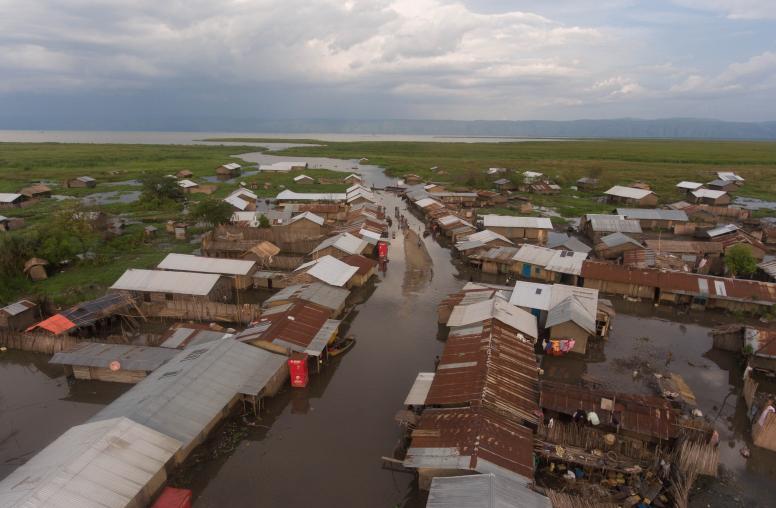The Evolving Threat of Violent Extremism: Getting Ahead of the Curve
Read the Event CoverageThe West failed to predict the emergence of al Qaeda in new forms across the Middle East and North Africa. It was blindsided by ISIS's sweep across Syria and Iraq, a blow that changed the map of the Middle East, at least temporarily. Both movements skillfully continue to evolve—and surprise. They have produced dozens of franchises, expanding the threat globally. A new U.S. administration faces daunting tests in navigating violent extremism and the related policy problems. On December 12 the U.S. Institute of Peace held a discussion with two panels of experts who will explore future trends in extremism and outline comprehensive policy responses.

Movements, leaders, targets, tactics and arenas of operation have all proliferated in ways unimagined in 2001. The growing challenges have spurred new interest in broader strategies – to defuse current crises, stem proliferation of extremist ideologies and avoid future shocks. The obstacles in crafting a viable and sustainable policy are many: Limited resources, poor coordination, competing political interests and complex strategic factors.
This forum highlighted the analysis of three separate reports:
- “The Jihadi Threat: ISIS, Al Qaeda and Beyond,” led by USIP and the Wilson Center.
- "Turning Point,” from the Center for Strategic and International Studies’ Commission on Countering Violent Extremism.
- “Communities First: A Blueprint for Organizing and Sustaining a Global Movement Against Violent Extremism,” from The Prevention Project.
Speakers
Nancy Lindborg
President, U.S. Institute of Peace
Robin Wright, Moderator
Joint Fellow, U.S. Institute of Peace and the Woodrow Wilson International Center for Scholars
William McCants
Senior Fellow, Brookings Institution
Daveed Gartenstein-Ross
Senior Fellow, Foundation for the Defense of Democracies
Frederic Wehrey
Senior Fellow, Carnegie Endowment for International Peace
Hassan Hassan
Resident Fellow, Tahrir Institute for Middle East Policy
Georgia Holmer, Moderator
Director, Countering Violent Extremism, U.S. Institute of Peace
Amy Pope
Deputy Assistant to the President and Deputy Homeland Security Advisor, White House National Security Council
Sarah Sewall
Under Secretary for Civilian Security, Democracy and Human Rights, U.S. Department of State
Juan Zarate
Former U.S. Deputy National Security Adviser for Combatting Terrorism; Senior Advisor, Center for Strategic and International Studies
Eric Rosand
Director, The Prevention Project



